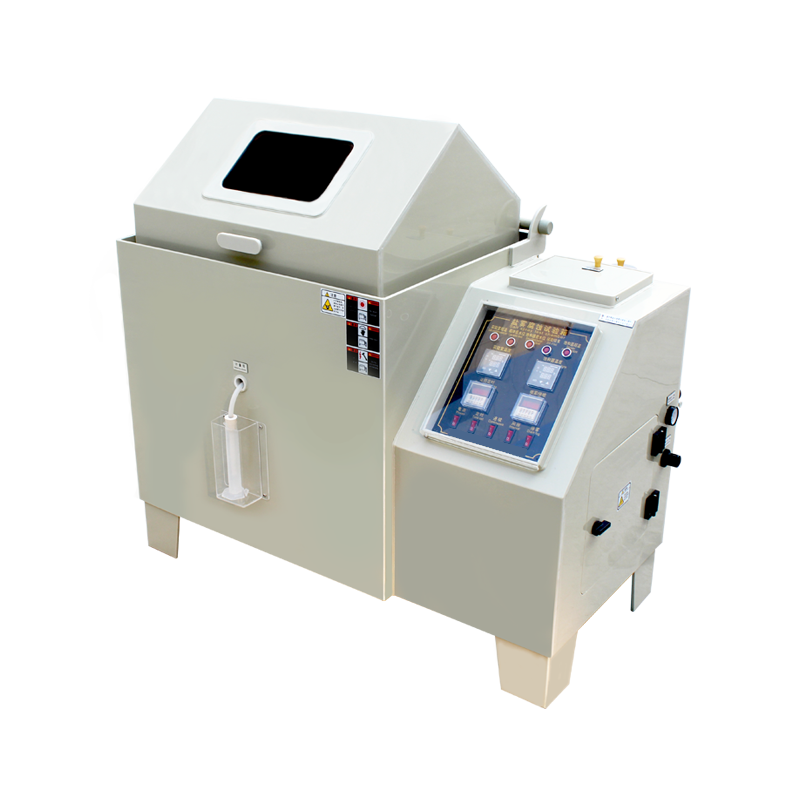Salt spray testing is a widely used method for evaluating the durability of materials and products, especially those exposed to humid or corrosive environments, such as electronic components, automotive parts, and outdoor equipment. A salt spray chamber (also known as a salt spray test chamber) simulates marine or other corrosive conditions by spraying a fine mist of saltwater inside the chamber, testing a product's corrosion resistance over a specified period.

Here’s how salt spray testing enhances product durability:
- Material Selection Optimization: Manufacturers can identify which materials perform best in salt spray conditions, enabling them to choose more corrosion-resistant options and extend product lifespan.
- Improved Surface Treatments: The test evaluates the effectiveness of coatings (e.g., electroplating, painting, anodizing) against corrosion. Optimizing surface treatments significantly boosts corrosion resistance.
- Design Refinement: Testing may reveal weak points or areas prone to salt accumulation, allowing for design improvements to minimize corrosion risks.
- Higher Quality Control Standards: Regular salt spray testing ensures consistent production quality, enhancing overall product reliability.
- Increased Market Competitiveness: Products that pass salt spray tests with high corrosion resistance ratings gain a competitive edge, especially for outdoor or harsh-environment applications.
If you have any salt spray testing needs or technical inquiries, feel free to consult Beijing Yashilin Instruments.













